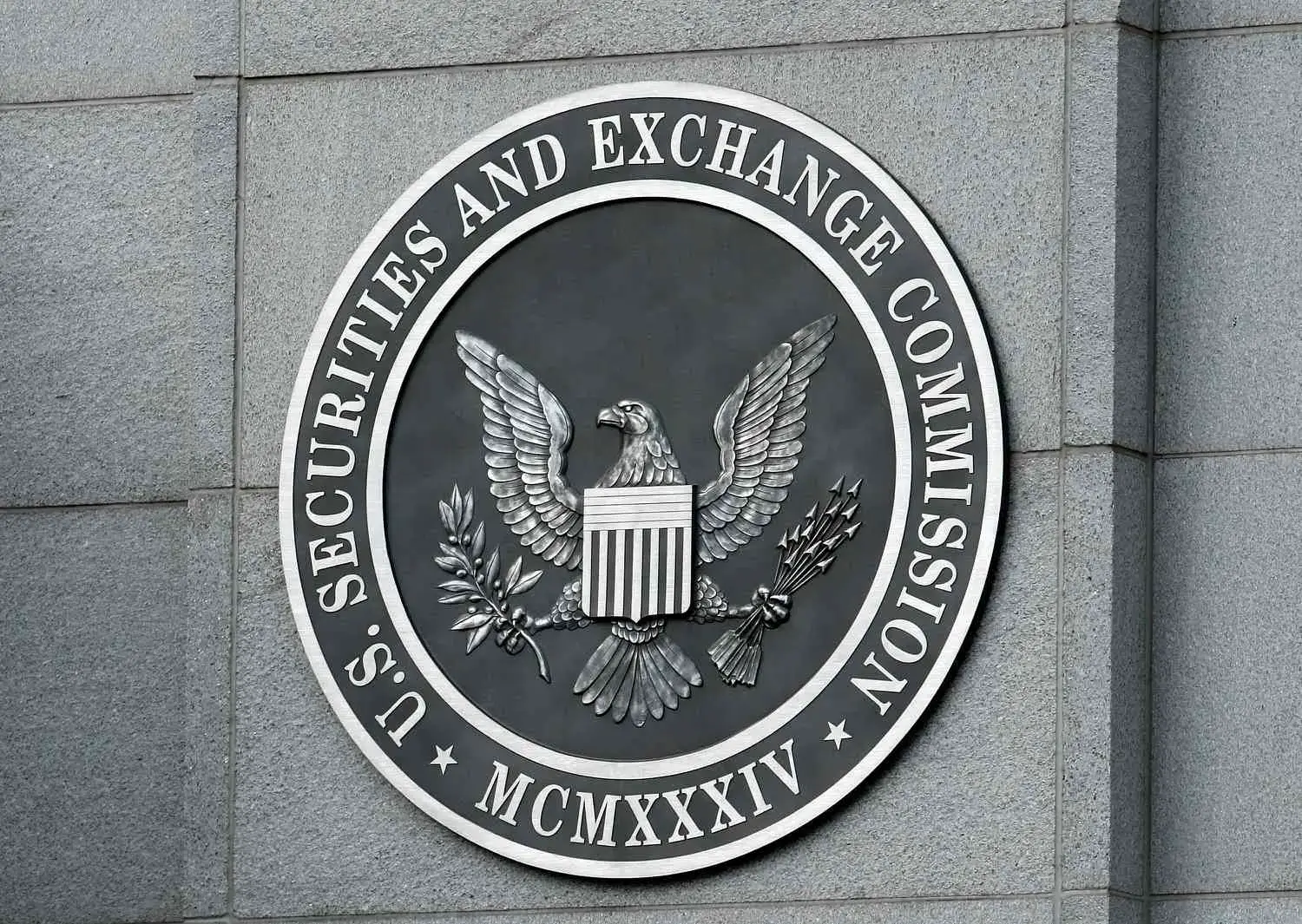The Importance of Timely SEC Filings

The Securities and Exchange Commission (SEC) is responsible for regulating the securities industry in the United States. As part of its regulatory responsibilities, the SEC requires publicly traded companies to file financial statements and other disclosures on a regular basis. Meeting SEC filing deadlines is critical for companies to maintain compliance with SEC regulations and ensure transparency and accountability to investors and the public.
One of the primary reasons why meeting SEC filing deadlines is important is that it ensures timely and accurate information is available to investors. Investors rely on these filings to make informed decisions about whether to invest in a company, hold onto existing investments, or sell their shares. Late or inaccurate filings can lead to confusion, uncertainty, and decreased investor confidence, which can harm a company’s reputation and negatively impact its stock price.
Meeting SEC filing deadlines also demonstrates a company’s commitment to transparency and accountability. By filing financial statements and other disclosures on time, companies show that they are willing to provide investors with the information they need to make informed decisions. This transparency can help to build trust and credibility with investors, which can lead to increased investment and improved financial performance.
In addition, meeting SEC filing deadlines is necessary to avoid regulatory penalties and legal liability. The SEC imposes fines and other penalties on companies that fail to meet filing deadlines or submit inaccurate information. These penalties can be significant, and in some cases, can result in criminal charges or civil lawsuits. By meeting filing deadlines and providing accurate information, companies can avoid these costly penalties and maintain their compliance with SEC regulations.
Another reason why meeting SEC filing deadlines is important is that it can help companies to identify and address potential financial problems early on. When companies file financial statements and other disclosures on a regular basis, they are better able to track their financial performance over time and identify any trends or patterns that may indicate problems. This early detection can help companies to take corrective action before problems become more serious, which can help to prevent financial losses and other negative consequences.
Meeting SEC filing deadlines also promotes a culture of accountability within a company. When companies prioritize meeting filing deadlines and providing accurate information, they send a clear message to employees, investors, and the public that they take their responsibilities seriously. This accountability can help to create a positive corporate culture that values transparency, honesty, and integrity, which can improve employee morale and attract new investors.
Finally, meeting SEC filing deadlines is important for maintaining the integrity of the securities markets. The securities markets rely on accurate and timely information to function properly. When companies fail to meet filing deadlines or submit inaccurate information, it can create uncertainty and volatility in the markets, which can harm investors and undermine the integrity of the markets themselves.
In conclusion, meeting SEC filing deadlines is critical for companies to maintain compliance with SEC regulations, ensure transparency and accountability to investors and the public, and avoid regulatory penalties and legal liability. By prioritizing timely and accurate filings, companies can improve their reputation, build investor confidence, detect potential financial problems early on, promote accountability, and maintain the integrity of the securities markets. As such, companies should make every effort to meet SEC filing deadlines and ensure that their filings are accurate, complete, and transparent.

